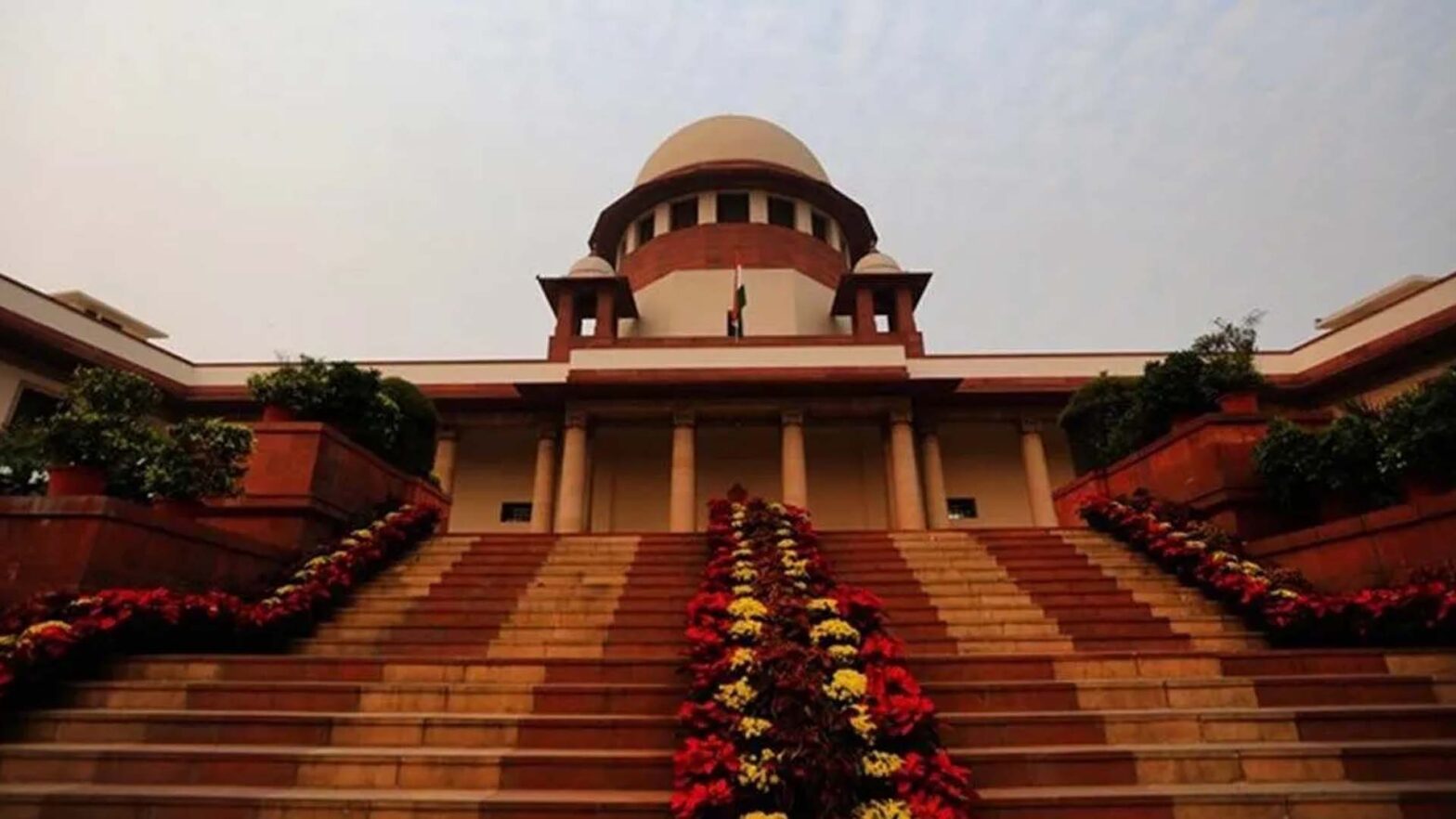Category: Analysis
-

Revamped Overseas Investment Regime (Part II) – Overseas Debt Investments Rationalized
Control threshold introduced for offshore debt – a shift of focus towards strategic growth Offshore private credit and special situation funding now permitted Debenture trustee’s introduced to encourage offshore funding to an Indian entity…
-

Revamped Overseas Investment Regime (Part I) – A Rational Overhaul
Round tripping no longer illegitimate – doors open for externalisation and de-SPAC transactions Definitional clarity on direct investments and portfolio investments Indian GPs get a glidepath to setup offshore pooling structures…
-

GP-Led Secondaries in India – Considerations and Challenges
GP-led secondaries have become fairly popular globally given that they solve for the liquidity concerns among some LPs whilst allowing the GP to capture more upside from an investment. In a GP- led secondary deal, it is important to find a pricing that works for the exiting investors but keeps the acquisition attractive for the…
-

Decoding Boardroom Dilemmas (Part III): Can Nominee Directors Share UPSI with Nominating Shareholders?
No express framework exists for nominee directors to share UPSI with nominating shareholders Natural expectation that nominee directors should represent their nominators’ interests – not permitted under law Since nominee directors’ fiduciary duty remains towards the company and stakeholders, nominee directors are paradoxically placed and exposed to significant…
-

Private Funds: Corpus v Investible Funds – Need to reconsider SEBI’s penalty order?
SEBI has strictly construed the term ‘investible funds’ leaving no scope for commercial nuances. SEBI rules that estimated expenditure cannot be offset against estimated income streams when calculating investible funds. SEBI appears to be driven by the view that investors should not be over-concentrated in a single asset…
-

Private Credit: Interest on NCDs recharacterized as dividends
Tax authorities recharacterized interest income on NCDs as dividends Interest recharacterization has not taken place under GAAR Investors can prevent such mischaracterization by demonstrating the nature of the underlying instrument, periodicity of payments, maturity date, management rights, etc….
-

Listed or Unlisted InvITs – Which way to go?
Tracking evolution of InvITs – resurgence and success Debate between private listed and unlisted InvITs – which way to go? Unlisted InvITs remain attractive for investors seeking tax optimal returns and deregulated landscape…
-

Private Credit: Supreme Court holds that ownership of pledged shares remains with pledgor despite transfer to pledgee
SC overrules a series of prior rulings which held that pledgee becomes the owner of pledged shares upon invocation. SC holds that even though pledgee is recorded as beneficial owner upon invocation, pledgee only receives ‘special rights’ and not ‘ownership’ over pledged shares. The term ‘actual sale’ means sale to a third party…
-

Decoding Boardroom Dilemmas – Hiving Off to Fundraise Through Subsidiaries – Commercial Wisdom or Short-Changing Public Shareholders?
Transferring a majority-revenue generating business into a private subsidiary (hiving off) and raising funds at the subsidiary level is increasingly seen as a preferred alternative to direct listed acquisitions or slump sales Hiving off may result in a ‘holding company discount’ and public shareholders lose out on value…
-

Denial of tax treaty benefits: Blueprinting defence strategies for PE funds – A tax litigation perspective
Revenue has issued reassessment orders to several global PE/VC funds denying tax treaty benefits to grandfathered investments alleging treaty shopping through Mauritius and Singapore between AY 2013-14 and 2015-16 Substantial tax, interest, and penalty has been levied invoking judicial anti-avoidance principles based on a supposed lack of commercial substance in these jurisdictions…
